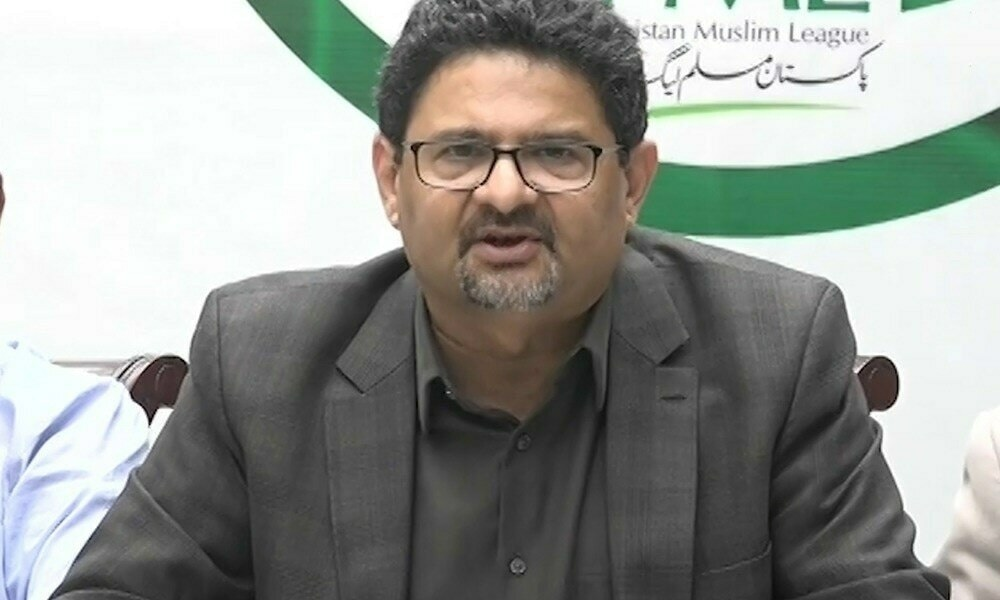Finance Minister Miftah Ismail said on Sunday that the pressure on the rupee, which has taken a heavy battering against the dollar over the last several weeks, would subside over the next two weeks.
In an Islamabad news conference, the finance minister blamed former prime minister Imran Khan for the country’s economic troubles.
According to Ismail, the coalition government prevented the nation from defaulting. “We want to improve Pakistan’s economy. We are committed to reducing the current account deficit and turning it into a surplus within the next year.”
Miftah Ismail asserts that the coalition government “saved Pakistan from the default” at the expense of political capital.
In the next two to three months, the administration is working on a strategy to expand exports, he added. “However, the major problem of imminent default has been overcome,” he said.
The finance minister said that the coalition administration did not drive the nation to the verge of insolvency within three months.
“In four years, the PTI was unable to match the PML-tax-to-GDP N’s ratio. We had left it at 11.1%, but the PTI brought it down to 9%. Imran Khan used to claim that he would enhance tax [collection], but he actually decreased it every year.
He said that by selling oil and gasoline at a loss, the PTI government breached its agreement with the International Monetary Fund (IMF).
Ismail said earlier on Sunday that the coalition government was intended to reduce the “huge current account deficit” left by the previous PTI administration.
Ismail said in a tweet that the government’s efforts to curb imports “had finally paid off.”
“According to FBR figures, imports in July were barely $5 billion compared to $7.7 billion in June,” he said.
“Since we have brought Pakistan back from the verge of default, our government is resolved to reduce the significant current account deficit left by PTI.”
Ismail’s statements came on the heels of news that Pakistan’s army commander urged the United States to utilise its clout to achieve the early delivery of International Monetary Fund funds.
A staff-level agreement was struck between Islamabad and the IMF earlier this month to clear the way for the release of a $1.17 billion tranche. However, the lender is awaiting permission from its board, which will not convene until late August.
In the meanwhile, a State Department spokeswoman said, “U.S. officials frequently discuss a variety of problems with Pakistani authorities. We do not comment on the contents of confidential diplomatic meetings as a regular procedure.”
The United States is the IMF’s biggest shareholder.
For the latest Business & Tech news, follow on Facebook, and Google News. For the latest news on business & technology

